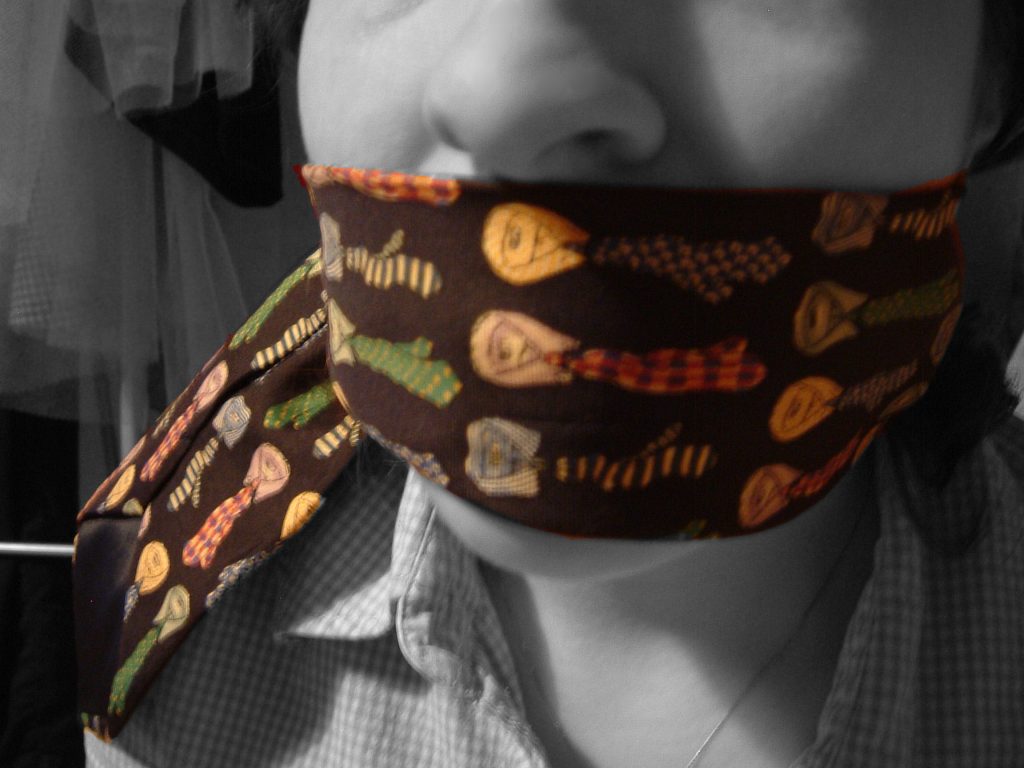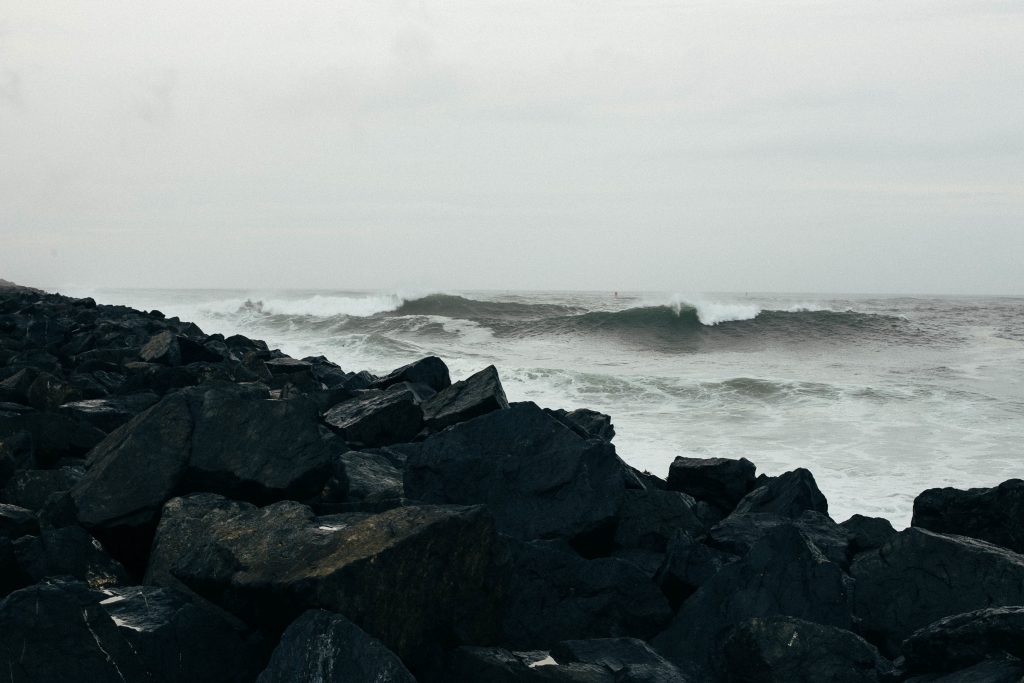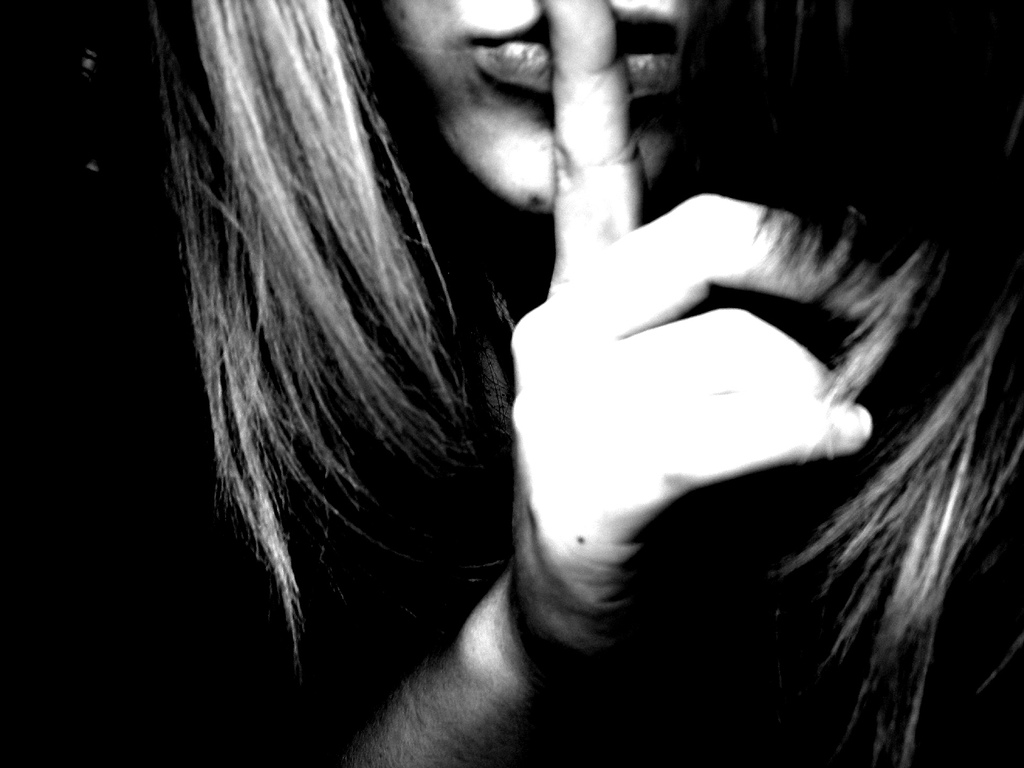The Supreme Court has refused to lift the injunction currently protecting the privacy rights of a well-known individual in the entertainment industry and their family.
The five justices that heard the case took four weeks to give their ruling. In a majority ruling of 4 – 1, they decided to keep the injunction in place pending the main trial for invasion of privacy.
The injunction prevented publication in England and Wales of an article relating to a ‘three-way’ the well-known individual had engaged in previously. The injunction now remains in place despite the information being published abroad and available on the internet.
Key points from the judgment:
- The injunction could only be lifted if the court was satisfied that the publication would not be permanently banned following the main trial.
- The two competing rights of freedom of expression and the right to privacy are ‘equal in principle’. The Court of Appeal was wrong to put freedom of expression first.
- In deciding cases like these the court has to consider:
- The extent to which story has or will become available to public
- The public interest in publication of the story; and
- Any relevant privacy codes
- Taking these factors into account, the Supreme Court Justices, in a majority decision of 4 – 1 decided that publication would infringe PJS’ and family’s privacy rights and the publication may be permanently banned at trial.
Other Interesting Points
- There is no public interest in publishing kiss and tell stories or criticisms of private sexual conduct simply because a person is well-known.
- That is different if the person has a bearing on public life or has presented a misleading public image.
- Relevant privacy codes must be taken into account.
- Because of the Independent Press Standards Code, editors must demonstrate an exceptionally important public interest in publication where children’s privacy might be infringed.
- Importantly, if the injunction were lifted, there would be unrestricted intrusive media coverage on the story, which would violate PJS’ and family’s right to privacy.
- Publication would deprive PJS’ future trial of any real purpose as he would have no further privacy in the matter.
Case history…
The case follows a hard-fought legal battle between News Group Newspapers Ltd, which publishes The Sun on Sunday, and PJS, a celebrity in the entertainment business.
In January 2016, a couple approached the editor of The Sun on Sunday and told him that they had had a three-way sexual encounter with PJS in 2011. The editor proposed to publish the story and notified PJS of his intention to do so.
This led PJS to initiate legal proceedings against News Group Newspapers Ltd. Publication of the article, he said, would be an unlawful breach of confidence and invasion of his privacy.
The original injunction

In late January 2016, the Court of Appeal ordered an injunction restraining News Group Newspapers Ltd from publishing the article until trial or further order.
This was based on the Court’s finding that PJS had a legitimate expectation that his sexual encounters would remain private and that “kiss and tell” stories that do no more than satisfy readers’ curiosity about his private life do not serve the public interest.
The Court also said that PJS and his partner had not presented a false media image that required correcting and the article would adversely affect PJS’ children.
But now the details are available online and overseas…

In April 2016, News Group Newspapers Ltd made a fresh application to set aside the injunction on the basis that the private information was available overseas and on the Internet, which made the Court’s previous order ineffective.
The Court of Appeal decided to lift the injunction, but it has remained in place pending the outcome of PJS’ appeal to the Supreme Court.
The Court of Appeal’s decision was based on an assessment of section 12 of the Human Rights Act 1998. This section meant that the injunction could only be kept in place if the Court felt that PJS would establish in the main trial that the publication should be permanently banned.
The law also meant that courts have to give particular weight to newspapers’ freedom of expression rights when deciding these matters.
The Court of Appeal’s analysis
The Court of Appeal accepted that PJS’ right to privacy would likely be found to have been breached in the main proceedings. However, because public knowledge of the private information was so widespread, it was unlikely that the publication would be permanently restricted. The widespread knowledge also meant that the Court should give less weight to PJS’ right to privacy.
The Supreme Court’s reversal
By its ruling today, the Supreme Court reversed the Court of Appeal’s decision, saying that the rights to privacy and freedom of expression are equal in principle.
The lowdown
This case involved balancing a celebrity’s right to privacy against a newspaper’s right to freedom of expression. Privacy protections have increased since the Human Rights Act 1998 came into force. It has meant that celebrities such as Naomi Campbell and J.K Rowling’s son have won bans on newspaper publications where they had a “legitimate expectation of privacy”.
In April, The Telegraph revealed that ministers are “actively considering” a change in the law to curb the use of such injunctions.
- Read the full judgment and press summary
- Read our articles on why the right to privacy and freedom of expression matter.







